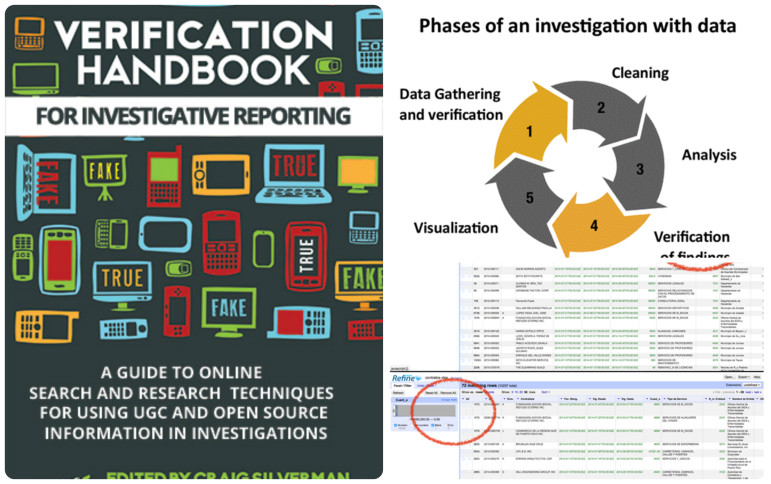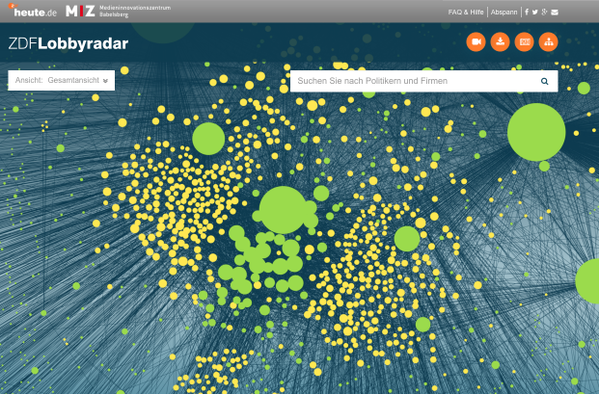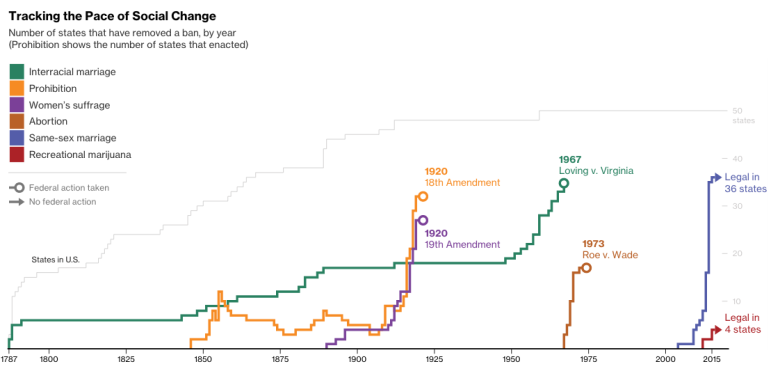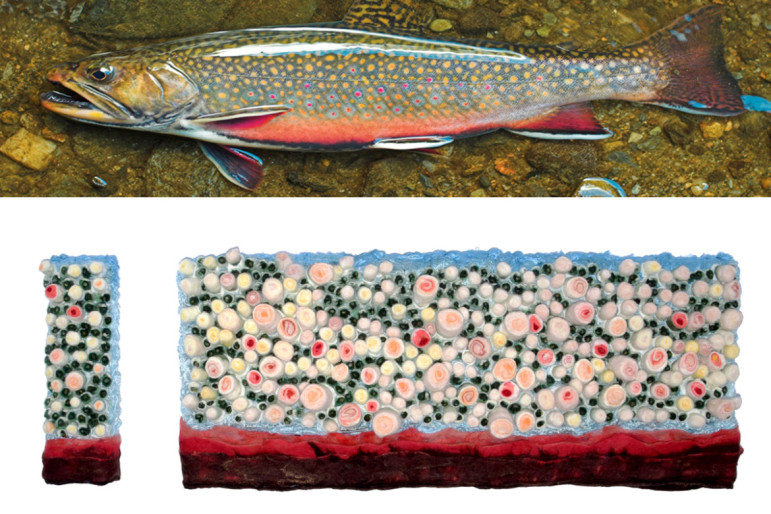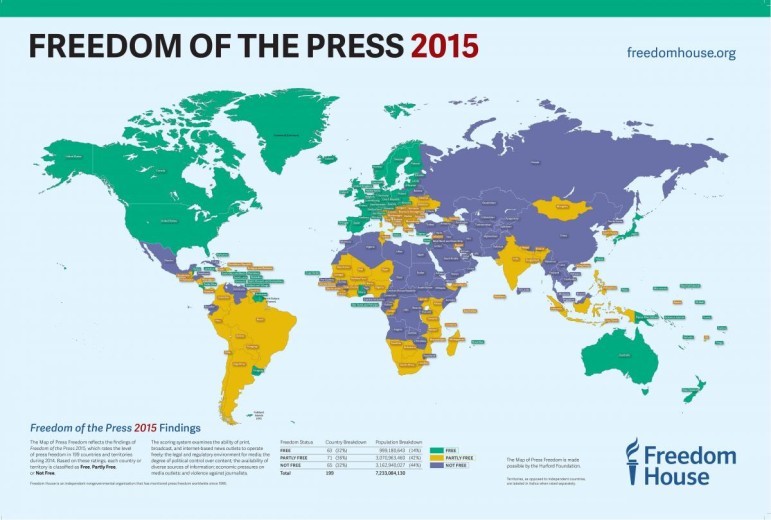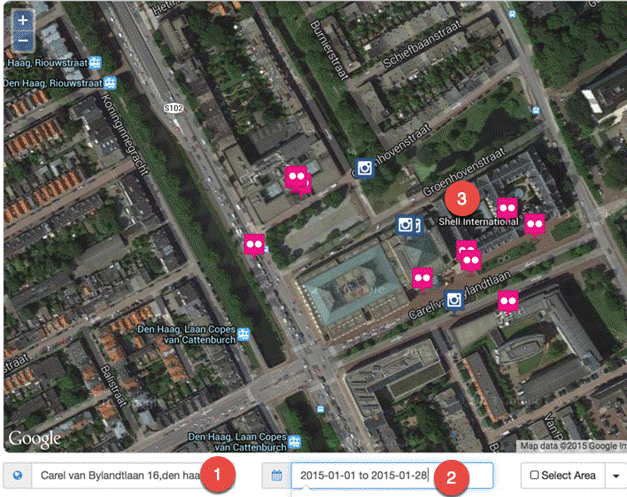
Data Journalism
Top Ten #ddj: The Week’s Most Popular Data Journalism Links
What’s the data-driven journalism crowd tweeting? Here are the Top Ten links for May 8-14: Seven reasons to use dot graphs (@maartenzam), 5 truths about the UK election (@SPIEGELONLINE), ICIJ’s #luxleaks (@cabralens), history of men’s tennis (@duc_qn), U-shaped challenges (Data Colada) and more.

